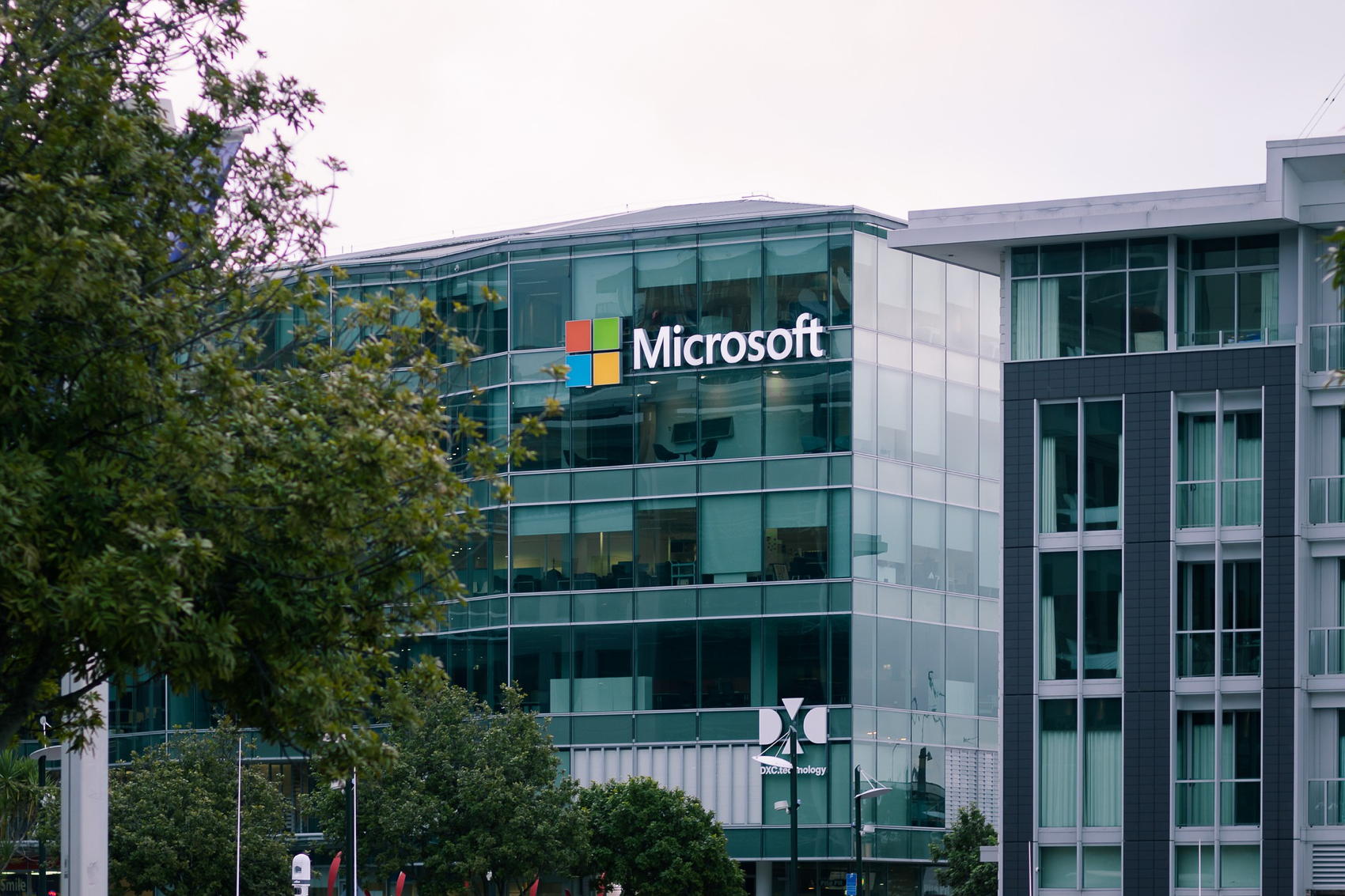Microsoft is revamping its HR policies, introducing sweeping changes on a number of fronts as the company works to set itself apart from its fellow tech companies.
In a blog post, Amy Pannoni, Deputy General Counsel, and Amy Coleman, VP of Human Resources, outlined four key areas where the company is making significant changes in its operations:
- Non-competes
- NDAs
- Pay transparency
- Civil rights audit
One of the driving forces is Microsoft’s belief employees should be able to work where they want, rather than being locked into a job or company they don’t want to be in just because of a non-compete clause.
We are announcing that we are removing noncompetition clauses from our U.S. employee agreements, and will not enforce existing noncompetition clauses in the U.S., with the exception of Microsoft’s most senior leadership (Partners and Executives), effective today.
Similarly, NDAs are an important element for any tech company, as it’s often necessary to protect trade secrets. Unfortunately, NDAs are often abused as a way to silence employees’ concerns in various settlement and negotiation scenarios. Microsoft has vowed to address that.
Microsoft’s U.S. settlement and separation agreements no longer include confidentiality language that prohibits workers from disclosing alleged conduct that they perceive is illegal discrimination, harassment, retaliation, sexual assault, or a wage and hour violation occurring in the workplace.
Microsoft is also increasing its transparency regarding pay.
Each year we conduct equal pay analyses and publicly post equal pay data to hold ourselves accountable and continue enhancing our reporting over time. We also actively seek to implement best practices to further strengthen our equal pay approach. This informed our decision to prohibit the practice of asking job applicants about their salary histories several years ago. And today we’re announcing another best practice with our commitment to publicly disclose salary ranges in all of our internal and external job postings across the U.S., beginning no later than January 2023.
Perhaps most significantly, the company is having an external civil rights audit performed to ensure it is meeting its legal obligations, as well as to identify areas where it can improve.
Microsoft’s commitment to diversity and inclusion is grounded in accountability and transparency, knowing there is always more we can and must do. Which is why today, Microsoft is committing to a civil rights audit of its workforce policies and practices. This audit, to be conducted by a third party, will be guided by U.S. civil rights law and Microsoft values with the purpose of identifying areas of opportunity for Microsoft to address. We commit to complete this audit in FY23 and to publish a summary report and follow-on actions.
Microsoft’s announcement is the latest in a long line of initiatives the company has taken to separate itself from its peers in the tech industry. The company has recently charted a very enlightened approach to working with unions, has voluntarily made changes to its cloud business to be fairer in its dealings with smaller rivals, has increased pay, and has embraced open app store principles at a time when Apple and Google are coming under increased scrutiny.
That’s not to say that Microsoft doesn’t still have challenges. The resignation of Alex Kipman highlighted the company still has work to do to root out the toxic culture Silicon Valley has long been known for. The situation also raised questions about why CEO Satya Nadella and other executives did not address Kipman sooner, instead of allowing him to continue in his position while racking up dozens of misconduct allegations.
Nonetheless, despite that issue, it’s clear that Microsoft is taking a far more proactive stance than its rivals in addressing issues and meeting the needs of its employees.




 WebProNews is an iEntry Publication
WebProNews is an iEntry Publication